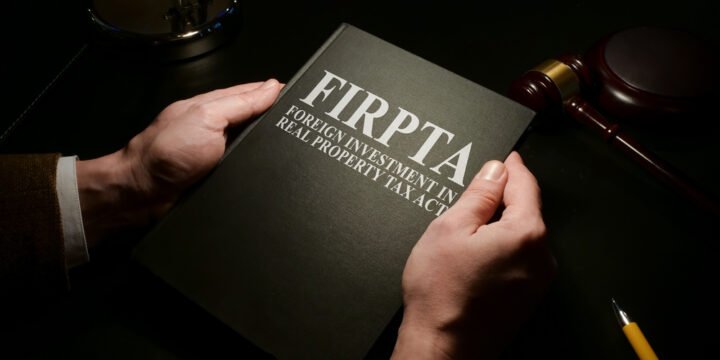
Litigating a Case in Tax Court: A Litigation Tutorial
By Anthony Diosdi The Internal Revenue Service or “IRS” audits hundreds of thousands of tax returns every year. At the conclusion of these tax audits, on many occasions, the IRS proposes to assess additional tax liabilities and penalties against the individual who was subject to the audit. These proposed adjustments could be wrong and the only way to contest the IRS’s proposed assessments without paying the liability is to petition the Tax Court. This article will discuss step-by-step how to contest an IRS audit before the United States Tax Court.Although there are exceptions to this rule, anyone considering disputing an audit result in Tax Court must wait until they are issued a notice of deficiency by the IRS. A notice of deficiency states the tax liability they believe a taxpayer…








